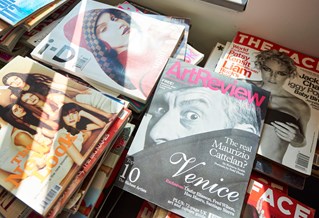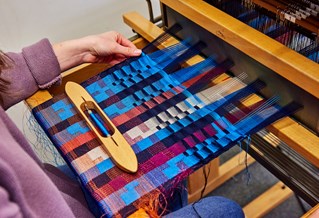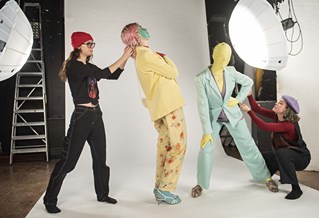
Go on to an exciting creative career
We have a reputation for graduates that go on to fulfilling creative roles, regularly taking home prizes at New Designers and Graduate Fashion Week. Many of our fashion and textiles alumni have benefitted from contacts made during their placement year.

Specialist workshops and technical expertise
Whether you’re a ceramicist or a woodworker, a weaver or a fashion stylist, you’ll be working in fully equipped, specially designed studios and workshops: this is your creative place, your artistic home while at Brighton. And you will be learning with practising artists, designers and industry professionals.

Join a community of artists
You’ll be part of a stimulating creative environment where collaboration and peer discussion within your course and beyond brings exciting opportunities. You’ll have the opportunity to show your work throughout your degree, culminating with the Graduate Show.